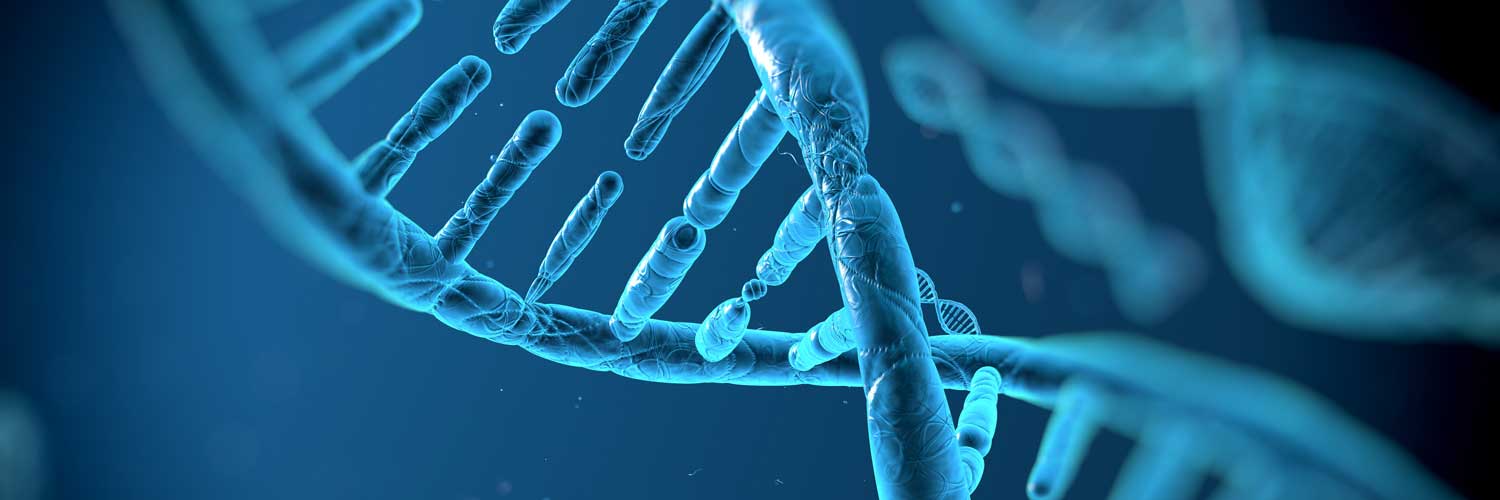Key points of infertility in women
- Female infertility occurs if a woman does not to get pregnant after regularly having unprotected intercourse for 12 months, or six months for women older than 35.
- Women have unique biological challenges when it comes to infertility, from irregular periods, to hormonal imbalances, to medical conditions – all of which can affect their fertility.
- Our fertility specialists will conduct tests to help evaluate symptoms and determine a cause for the inability to conceive.
- Common causes of infertility in women include ovulatory dysfunction, hormone imbalance and structural issues of the reproductive system.
- Depending on the underlying cause, treatment options may include lifestyle changes, medication, surgery or assisted reproductive technology such as intrauterine insemination (IUI) and in vitro fertilization (IVF).

At Ember, everyone is a VIP – very important patient
And we have a thing for the small things: Each Ember patient gets a dedicated fertility coordinator, a patient’s personal care guide through every clinic detail, from the very first phone call to meeting your little miracle.
What is infertility in women?
Infertility in women is characterized by difficulty conceiving despite having regular unprotected intercourse over a period of six months (if age 35 or older) or one year (if younger than 35). According to the Centers for Disease Control and Prevention (CDC), roughly 10% of women have trouble getting or staying pregnant.
The American Society for Reproductive Medicine (ASRM) reports that in all infertility cases, one third are due solely to female factors. Nearly as many cases are due to factors involving both partners, and male factor infertility accounts for roughly 20% of cases.
Many women experiencing infertility show no symptoms, other than the inability to conceive. This is why testing and diagnosis by a fertility doctor is critical if a woman is hoping to get pregnant but having difficulty.
Causes of infertility in women
The three primary complications that can cause female infertility are ovulation problems, anatomical or structural issues and unexplained infertility. Our specialist, Dr. William Freije gives a diagnosis of unexplained infertility when appropriate testing does not return a definitive answer for the infertility. This is still treatable.
What causes infertility in women?
There are several factors that may contribute to a woman’s infertility including the following.
- Age: As women age, their fertility naturally decreases. After age 35, the chances of becoming pregnant start to decline rapidly.
- Hormonal imbalances: Reproductive hormone imbalances can cause ovulation problems and affect the ability to conceive or stay pregnant.
- Polycystic ovary syndrome (PCOS): This hormonal disorder can lead to irregular periods, weight gain and infertility.
- Endometriosis: This is a condition where the tissue that lines the uterus (the endometrium) grows outside of it, which can cause infertility.
- Blocked fallopian tubes: Fallopian tubes can become blocked due to infection or scarring, making it difficult for sperm to reach the egg or the fertilized embryo to reach the uterus for pregnancy.
- Medical conditions: Medical conditions such as diabetes, thyroid disorders and autoimmune diseases can also affect fertility.
- Medical treatments: Cancer treatments can cause female infertility.
- Lifestyle factors: ASRM reports that 12% of infertility cases are due to women being underweight or overweight. Other factors like excessive exercise, environmental toxins and illegal drug use can affect fertility.
Related reading: Learn more about smoking & infertility
Signs of infertility in women
Infertility frequently goes unnoticed until a person begins trying to conceive. It is likely that there are no other symptoms. However, some common signs of infertility in women include:
- Menstrual cycles that last longer than 35 days or less than 21 days.
- Irregular or no menstruation.
- Pelvic inflammatory disease, endometriosis or painful menstruation.
- Recurrent miscarriages.

We have a thing for the small things
- Patients can expect a boutique, highly personalized experience.
- Our fertility specialist performs ultrasounds himself and sees patients at each of their appointments.
- We believe everyone has the right to have a baby: couples, individuals, LGBTQ+ people, and those with difficult cases or of advanced age.
Next step: fertility tests for women & diagnosis
If a person has tried to conceive for one year without success, it is important to seek medical advice. Our fertility doctor can perform a series of tests to rule out or determine underlying causes of infertility.
Infertility tests are necessary for anyone experiencing difficulty conceiving in order to accurately diagnose the cause(s) and begin getting effective treatment.
For women, testing may include an analysis of medical history, blood tests to evaluate reproductive hormone levels, follicular ultrasound to identify follicle count, and other procedures such as ovarian reserve testing and hysteroscopy.
If all fertility tests are normal, then the reason for infertility cannot be defined, resulting in a diagnosis of unexplained infertility. Those with unexplained infertility often have a very high success rate with fertility treatments like IUI or IVF.
Related reading: Learn more about fertility testing
Female infertility treatment
We provide a range of female infertility treatment methods, some of which follow.
- Lifestyle changes: In some cases, lifestyle changes such as maintaining a healthy weight, quitting smoking, reducing alcohol intake and avoiding exposure to environmental toxins can improve fertility.
- Ovulation induction: This treatment involves the use of hormone drugs to help signal the ovaries to develop and release mature eggs, thereby increasing the likelihood of conception.
- IUI: A type of artificial insemination where our fertility specialist inserts sperm from a partner or donor into the woman’s uterus. It is often used to combat male infertility conditions that make it difficult for sperm to reach the woman’s egg.
- Minimally invasive surgery: A surgical procedure such as laparoscopy that can remove or repair damaged organs or tissue in the reproductive system, thereby helping to restore fertility.
- IVF: An advanced assisted reproductive technology (ART) that involves fertilizing a woman’s eggs outside her body in an IVF lab, and then implanting a healthy embryo in her uterus.
- Intracytoplasmic sperm injection (ICSI): A lab procedure used during some IVF cycles where a healthy sperm is directly inserted into a woman’s egg for a better chance at fertilization and development of a healthy embryo.
- Assisted hatching: A treatment during IVF where the outer layer of an embryo is punctured to assist in its attachment in the uterus, increasing the likelihood of implantation and pregnancy.
- Donor eggs or donor embryos: Used in women who are unable to conceive with their own eggs or embryos. Donor eggs are implanted using IVF procedures.
- Gestational carriers or surrogates: Women who carry a pregnancy (created from the sperm and egg of the infertile couple) to term for a woman who may not have the ability to carry a pregnancy due to health issues or reproductive system problems.
At Ember, Dr. Freije emphasizes that assisted reproduction should mimic mother nature as much as possible and creates a unique care plan based on each patient’s health, goals and medical history.

